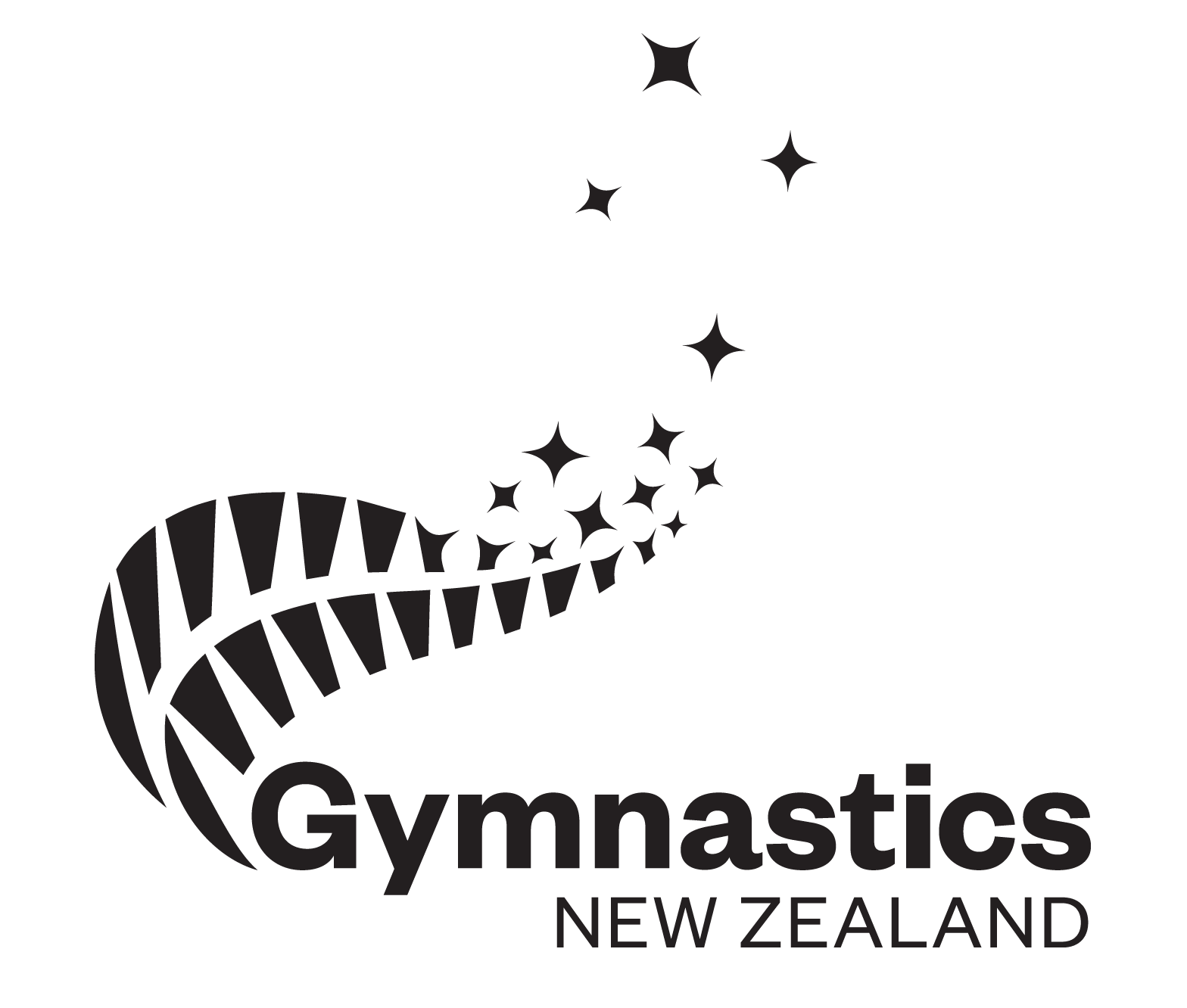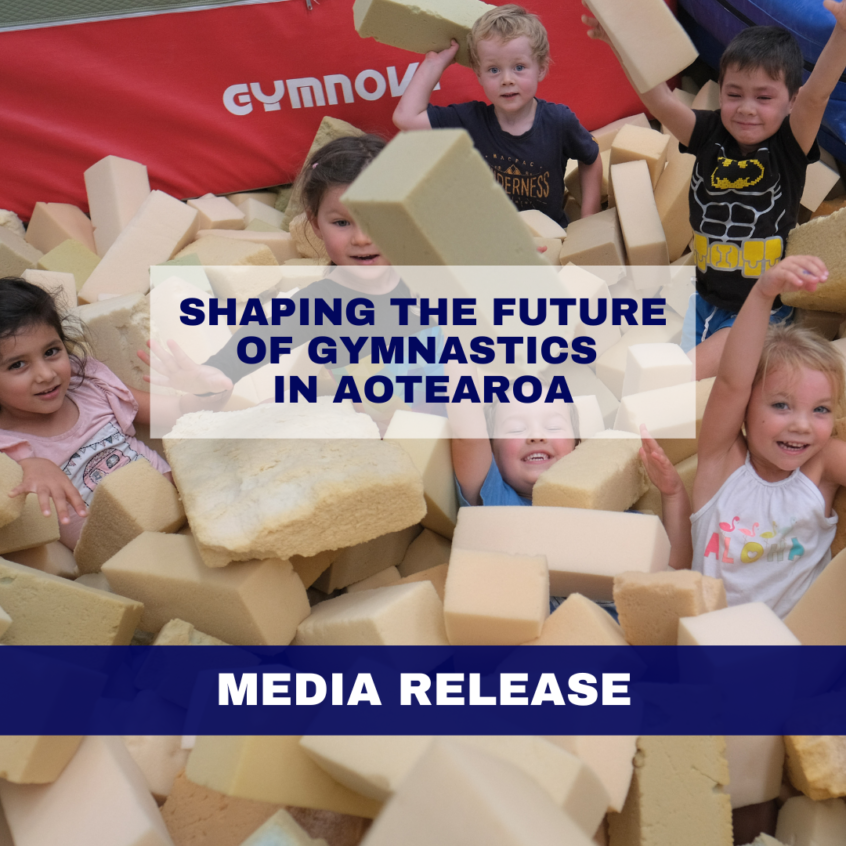The Steering Committee tasked with implementing the recommendations of the 2021 independent review into gymnastics in New Zealand has concluded its work having helped drive significant positive change in the sport.
While there remains much work to do, strong progress in vital areas such as child safeguarding and athlete voice and inclusion in decision-making were signs the sport was moving in a positive direction, chair Sally McKechnie said following the conclusion of the nine-member group’s final meeting in Wellington on July 20.
“I’d like to thank the members of the Gymnastics New Zealand Steering Committee who have worked diligently for 20 months to help drive a bright future for gymnastics at all levels of the sport,” Ms McKechnie said.
Following the completion of her work with the Steering Committee, Ms McKechnie has taken up an appointment to the Gymnastics NZ Board.
Gymnastics NZ chief executive Andrea Nelson paid tribute to the work of the Steering Committee, which was undertaken with the support of Sport New Zealand.
“On behalf of Gymnastics New Zealand, I’d like to thank the members for their dedication, commitment, and thoughtfulness in executing their task,” Ms Nelson said.
The work of the Steering Committee had driven a greater understanding of the experiences and challenges faced by those who had suffered harm through their participation in the sport, said Ms Nelson, who joined Gymnastics NZ as chief executive in February.
“I commend the Steering Committee – and in particular the athlete specialist members – for their dedication to ensuring these experiences are better understood and the mistakes of the past are not repeated.
“I’d also like to offer an unreserved apology to those who have been harmed in any way by their involvement in gymnastics – and who may still be suffering the impacts of that harm.”
Taking the 50 recommendations contained in the independent review and turning them into meaningful actions had been both daunting and challenging, Ms McKechnie said.
“The work of the committee to distill these recommendations into 19 tangible actions – and the adoption of the recommendations and progress made to date on their implementation by Gymnastics NZ – is something the group can be very proud of.
“When it comes to issues of participant harm, we’ve had really encouraging dialogue with many of those who have bravely shared their experiences – and that will continue.”
The committee’s work had helped highlight an area of need around the ongoing wellbeing of participants who suffer mental and emotional harm while competing in sport.
As a result of this work, Gymnastics NZ had made a submission to Parliament relating to the Integrity Sport and Recreation Commission bill calling for the establishment of a no-fault hardship fund for people suffering ongoing mental health impacts as a result of their engagement with sport – sometimes long after they had retired.
Olivia Jöbsis, one of five gymnastics specialists on the steering committee, said it was notable and important that athletes had played a significant role in shaping its work.
“We had a really strong group of people on the committee who live and breathe the sport who see how this is playing out on the gym floor,” Jöbsis said.
The creation of an environment in which athlete wellbeing and high performance were not considered to be separate, competing issues was a key driver for the gymnastics specialists on the committee, Jöbsis said.
“To say that we want our athletes to be safe in sport is really a low bar. I really felt that that was the minimum we’d be aiming for. I thought of it as an opportunity to really optimise the environment so that not only are athletes safe, but they are actually performing better.
“The cultural mindset that you don’t get good unless it’s tough has to change. Every athlete knows what it is to work hard and for it to be tough – but there is tough, and then there is unhealthy and detrimental, corrosive environments that have seen so many people broken along the way.
“What we are talking about is culture change and that is a long game,” Jöbsis said.
The completion of the Steering Committee’s work was an important step but it did not mean that all of the sport’s issues had been resolved, Ms Nelson said.
“The work very much continues to transform gymnastics into a sport that is safe, welcoming and provides an overwhelmingly positive experience for all who participate at every level,” she said.
“Meaningful, practical measures are being implemented and positive cultural change is taking place. That’s the feedback we are getting from the gymnastics community.”
ENDS
For more information and interview requests please contact
Steve Deane
Steve@smashnz.com
021 975 150

